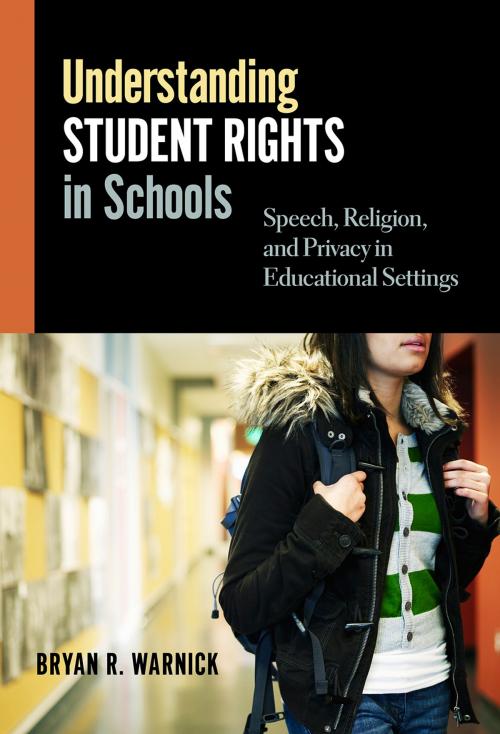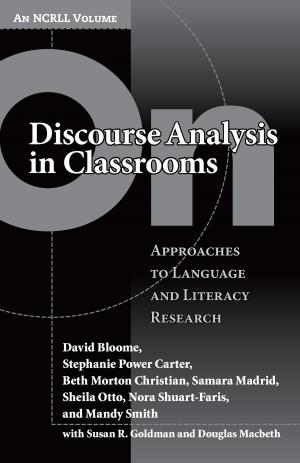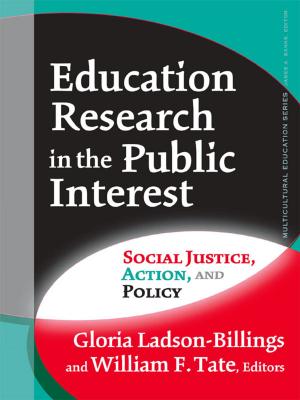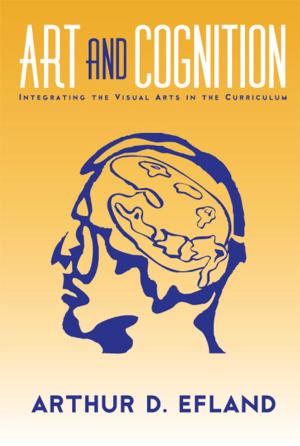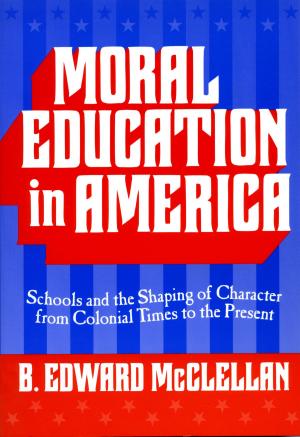Understanding Student Rights in Schools
Nonfiction, Reference & Language, Education & Teaching, Educational Theory, Aims & Objectives, Leadership, Educational Reform| Author: | Bryan R. Warnick | ISBN: | 9780807773017 |
| Publisher: | Teachers College Press | Publication: | December 15, 2009 |
| Imprint: | Language: | English |
| Author: | Bryan R. Warnick |
| ISBN: | 9780807773017 |
| Publisher: | Teachers College Press |
| Publication: | December 15, 2009 |
| Imprint: | |
| Language: | English |
What rights should students expect to exercise in public schools? Should bible study meetings be allowed during free periods? Should students be allowed to wear t-shirts that exhort taking drugs or committing violent acts? Should students be required to participate in drug testing? In this concisely argued book, Bryan Warnick examines how student rights in three areas—free speech, privacy, and religious expression—have been addressed in policy, ethics, and the law.
Starting with the Tinker decision, a landmark 1969 U.S. Supreme Court ruling which declared that students in public schools had constitutional rights that must be understood “in light of special characteristics of the school environment,” Warnick develops education criteria that schools can use when facing difficult questions of student rights. Both probing and practical, Warnick explains how student rights can be properly understood and protected.
Important reading for anyone concerned with the ethical dimensions of schooling, this book offers:
- A comprehensive analysis of the relationship between ethics and law in school settings.
- A specific framework for thinking about individual rights for students in public schools which balances authentic respect for individual liberties with the real need for schools to maintain a proper learning environment.
- An interdisciplinary approach that looks at legal, philosophical, and psychological issues in education.
- Practical solutions to real and pressing ethical challenges faced by today’s educators, school leaders, and policymakers.
“A brilliant and timely book. At a time when students’ rights are poorly understood and commonly violated, Warnick offers a compelling and lucid argument for their importance in light of the purposes of schooling. Anyone who cares about education and democracy should read this book.”
—Eamonn Callan, Stanford University
What rights should students expect to exercise in public schools? Should bible study meetings be allowed during free periods? Should students be allowed to wear t-shirts that exhort taking drugs or committing violent acts? Should students be required to participate in drug testing? In this concisely argued book, Bryan Warnick examines how student rights in three areas—free speech, privacy, and religious expression—have been addressed in policy, ethics, and the law.
Starting with the Tinker decision, a landmark 1969 U.S. Supreme Court ruling which declared that students in public schools had constitutional rights that must be understood “in light of special characteristics of the school environment,” Warnick develops education criteria that schools can use when facing difficult questions of student rights. Both probing and practical, Warnick explains how student rights can be properly understood and protected.
Important reading for anyone concerned with the ethical dimensions of schooling, this book offers:
- A comprehensive analysis of the relationship between ethics and law in school settings.
- A specific framework for thinking about individual rights for students in public schools which balances authentic respect for individual liberties with the real need for schools to maintain a proper learning environment.
- An interdisciplinary approach that looks at legal, philosophical, and psychological issues in education.
- Practical solutions to real and pressing ethical challenges faced by today’s educators, school leaders, and policymakers.
“A brilliant and timely book. At a time when students’ rights are poorly understood and commonly violated, Warnick offers a compelling and lucid argument for their importance in light of the purposes of schooling. Anyone who cares about education and democracy should read this book.”
—Eamonn Callan, Stanford University
